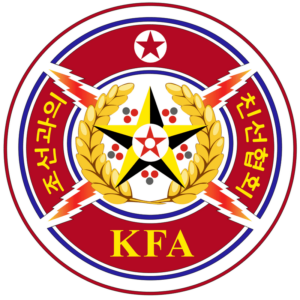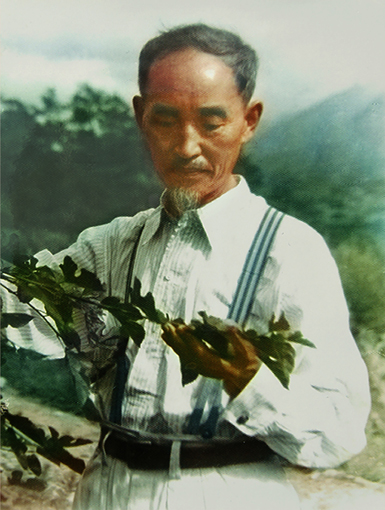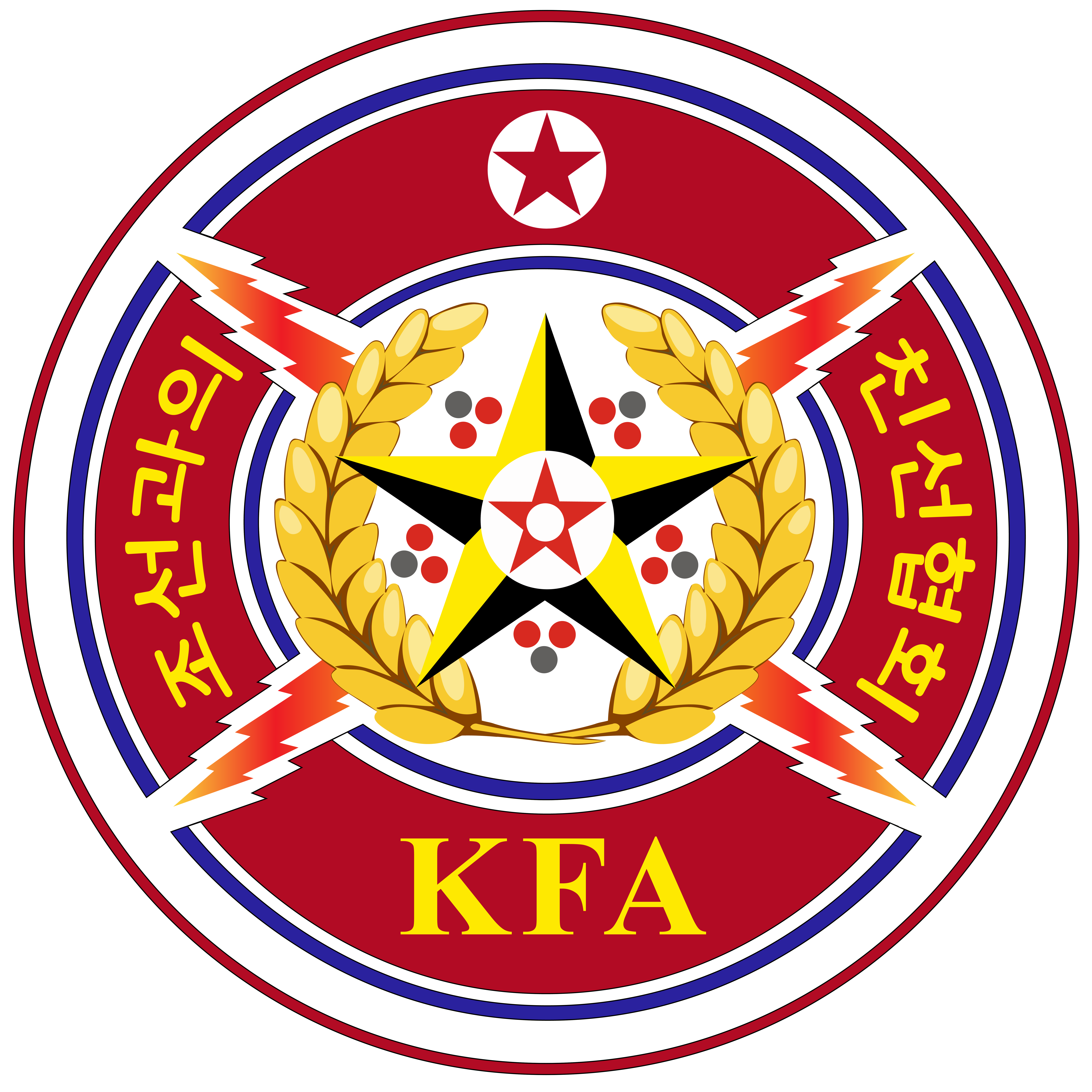Kim Il Sung, News
Honourable Life of a Scientist
President Kim Il Sung was the benevolent father of the Korean people, who ensured that they, oppressed and maltreated for centuries, enjoyed the genuine life and happiness.
Among them who glorified their lives under the meticulous care of the President were numerous intellectuals, including Kye Ung Sang, a renowned scientist in genetics and sericulture.
Kye Ung Sang was born into a poor peasant’s family in the then Jongju County, North Phyongan Province, in December 1893, and showed a burning desire for learning since his childhood.
He entertained an ambition of recovering the traditional sericulture of Korea which had as good as disappeared in the first half of the 20th century owing to the military occupation of Japanese imperialism, so he went abroad to work his way through university. When he studied in a foreign country and then wandered several East Asian countries for research work, he keenly felt the sorrow of intellectuals without their own country.
Even after he greeted the country’s liberation (August 15, 1945) in Suwon, Kyonggi Province of south Korea, he had to experience the same miserable fate.
In 1946 he received a letter from President Kim Il Sung inviting him as a lecturer of Kim Il Sung University to be instituted in Pyongyang and came over to the north.
The President met Kye Ung Sang on October 27, 1946 and discussed the issues and ways to develop the country’s sericulture. Afterwards, he met him on several occasions and took care of his work and life.
The President’s affection and trust was the source that inspired Kye to commit himself to developing the country’s sericulture and training promising biologists.
According to the President’s instructions, Kye Ung Sang’s Selected Works that included his research achievements on anatomical physiology, genetics and breeding of silkworm were published in three volumes.
In his lifetime Kye was elected a deputy to the Supreme People’s Assembly of the DPRK, won the People’s Prize and was honoured with the titles of Labour Hero, academician, professor, and PhD.


